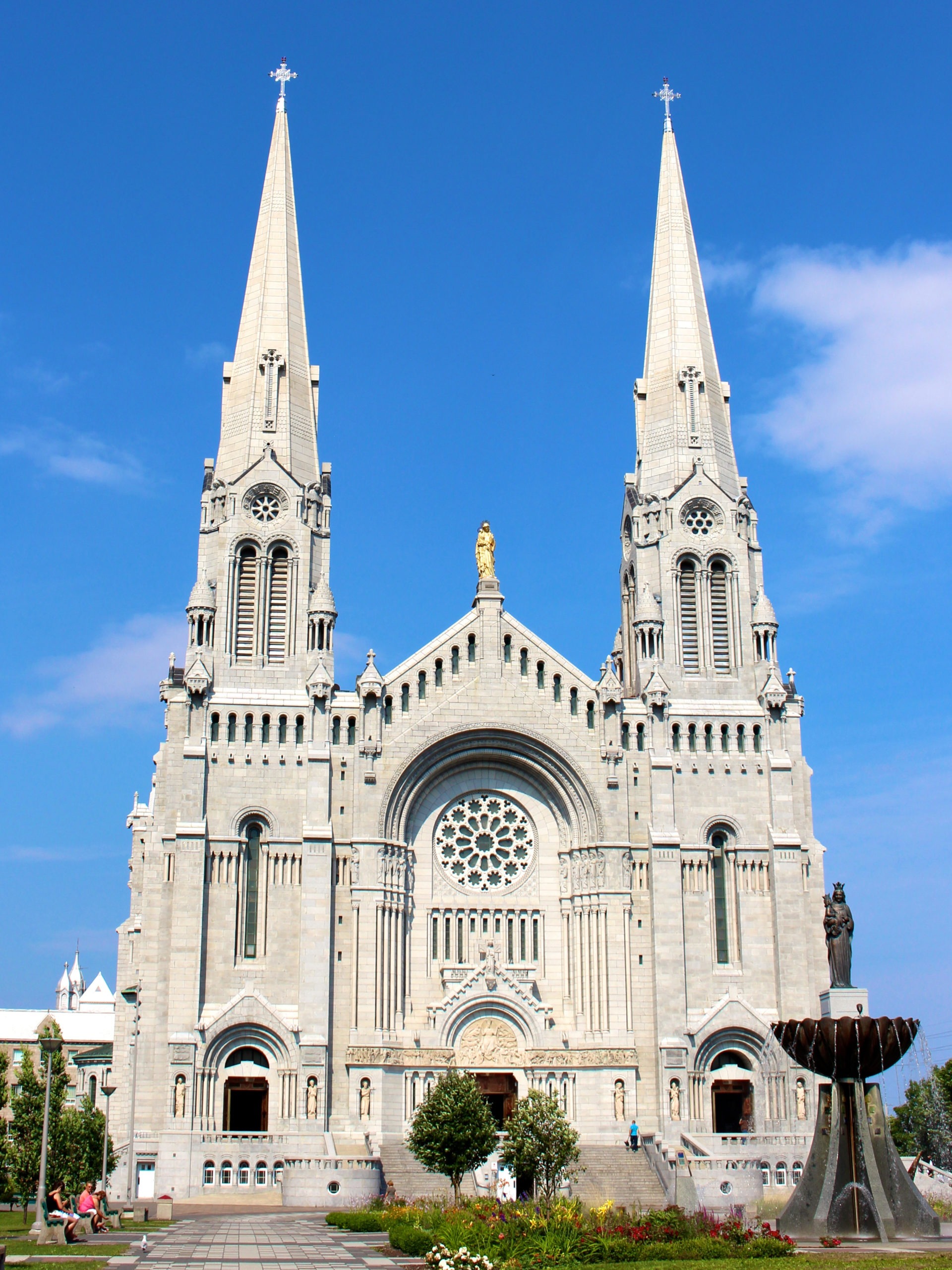“As critics from many sides accused the government of fanning the flames of intolerance, Premier François Legault came to the defense of Quebec’s secularism bill on Friday by saying ‘we have to think of what’s best for our children.’” —Jason Magder, Montreal Gazette, April 5, 2019.
In June 2019, Quebec’s National Assembly, the provincial legislature, passed Bill 21 on a 73-25 vote. That law—now facing challenges in Canadian courts—bans civil servants from wearing “religious symbols.” No veils, burkas, turbans, yarmulkes. Bill 21 mandates keeping one’s face uncovered to give or receive specific public services.
Plenty of Quebecois are embarrassed by nativist passions lurking behind Bill 21, which became law two and a half years after the Quebec City mosque murders in January 2017. Six people were killed and 19 injured in the worst mass murder in a house of worship in Canadian history. The dead included the owner of a local halal grocery store, a professor at Université Laval, three civil servants, and a pharmacy worker. According to the Islamic Cultural Centre, all six victims were dual citizens of Canada and the countries from which they emigrated.
Apologists for Bill 21 suggest, weirdly, that the law is merely the next self-respecting step along the way to Quebec’s spiritual liberation from the ultramontane Catholicism that dominated French Canada from 1840 to 1960 and proclaimed the pope’s supreme authority in matters of faith and discipline.
Following the failure of a progressive-nationalist Patriote movement, by 1840 this fierce strain of hierarchical, patriarchal Christianity was locked in as the state religion of French-speaking Quebec. For generations, schools from the primary level to the universities were organized and operated by clergy. Social and charitable institutions were in their hands.
Ever since the so-called “Quiet Revolution” of the 1960s, Quebec’s government has been positioning laïcité (essentially a process that defines a place for religion in society) as the next step in the emergence of a modern French-speaking Quebec. It began with the uncoupling of the Catholic Church from public institutions like schools and hospitals.
Quebec is now a post-Catholic state. Secularism, laïcité—along with devotion to language-based nationalism—replaced Catholicism as true religion incredibly quickly; yet, under the shiny new secular sheet-metal, older mental frameworks persist. These days, laïcité is pursued in Quebec with fervor and intolerance that seem positively—well, ultramontane.
Truth be told, secularist passion in Quebec often sounds like good old-fashioned religion, transposed to another key.
And rue to unbelievers, especially those who wear the veil.
Devotion to Quebec’s relatively newfound laïcité is fierce. Unbelievers are to be pitied and scorned. Efforts by anti-racism activists to discuss Islamophobia are often treated by conservative nationalist pundits as smear campaigns against the whole province.
Let’s be clear: There’s plenty of Islamophobia in the rest of Canada. Coast-to-coast, some Canadians can and do chew a daily racism-and-paranoia intake, either homegrown or downloaded from the same media and social media platforms that racists and frightened folk in the United States feed on.
There has never been much room for nonbelievers in Quebec’s secularism + nationalism project. Former Quebec Prime Minister Jacques Parizeau, urbane sophisticate—sort of—that he was, memorably snarked about “money and the ethnic vote” after losing a 1995 referendum on Quebec’s independence from Canada.
Yet it’s common for cosmopolitan Montrealers to pass blame for Bill 21 to voters in Quebec’s hinterland. And it’s true that nativism and Islamophobia are present in Quebec profonde, as they are in outback portions of every single U.S. state.
The Quebec City mosque murderer appeared in a selfie sporting a red Make America Great Again cap. He searched for President Trump a total of 819 times across Twitter, Google, YouTube, and Facebook and paid particular attention to the president’s Twitter feed.
So, yes, some of the Islamophobia in contemporary Quebec can be off-loaded onto small cities and rural constituencies haunted by the ghosts of archbishops past as they binge on Trumpesque tweets translated into French.
And these days, a sleeker, more secular and reassuringly francophone Islamophobia is also available on cultural loan from France and readily accessible on a borrower’s card. As Musab Youris noted in the December 5, 2019, London Review of Books, France’s Education Minister Jean-Michel Blanquer recently observed that head scarves are “not desirable in our society.”
Youris added this catalog of public remarks, culled from French television just last October: The deputy editor of Le Figaro, Yves Threard, said on the debate show Le Grand Soir that he “hates the Muslim religion” and once got off a bus because there was a veiled woman on it. The journalist Olivier Galzi, on his own television show, 9h Galzi, compared the veil to “an SS uniform.” And the philosopher Alain Finkielkraut, appearing on the show C à vous, tersely observed, “The hijab is not France.”
Islamophobic hysteria in France has been appropriated by some Quebecois who are by no means backwoodsmen, but friends of a global francophonie and educated apologists for all things French: the same people who teach, write, run for office—and pass laws like Bill 21.
With that new law, Islamophobia is given official cover in Quebec, at least partly because a colon strain lives on there and not only in the hinterland. It’s one of the ironies of Quebec’s rich history that a generation or two or three after many (not all!) Quebec Anglos freed themselves of their own anxious, noxious colon mentality re. the British Empire and became—at last—Canadian, not British, some Quebecois, a people resolutely Canadien since the 18th century, are now importing xenophobic postures from across the water that have little to do with Quebec’s actual historical experience as a North American nation largely (sauf les autochtones*) composed of immigrants and their descendants.
*Except the Indigenous peoples.
Peter Behrens’ most recent novel is Carry Me.



